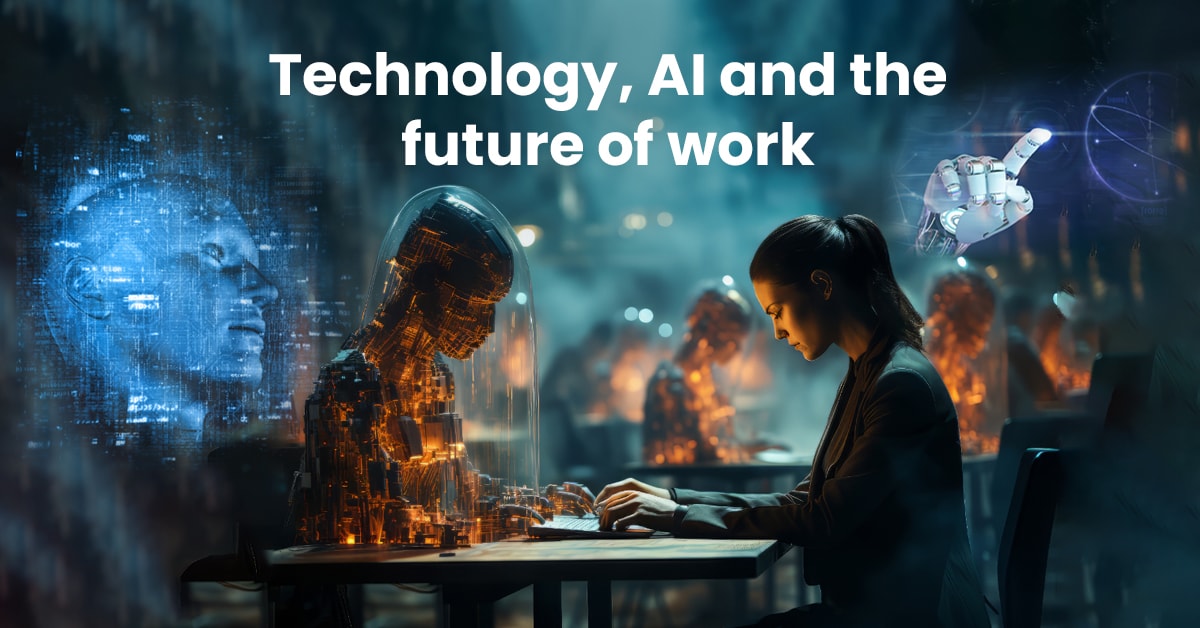Article Body
Introduction
The workplace of tomorrow is already here. Artificial Intelligence (AI) has emerged as a key player in redefining how we work, collaborate, and innovate. From automating repetitive tasks to creating entirely new job roles, AI is influencing every aspect of the professional world.
AI Beyond Automation
Gone are the days when AI was merely seen as a tool to automate mundane tasks. In 2025, AI is being integrated into strategic roles, enhancing human decision-making and fostering innovation. Tools such as intelligent assistants, predictive analytics, and machine learning models are becoming common in offices.
The Hybrid Workforce
AI isn’t replacing jobs—it’s reshaping them. The modern workplace features a hybrid workforce where machines and humans collaborate. Roles such as AI trainers, data ethicists, and human-machine interaction designers are on the rise.
Benefits of AI in Workspaces
-
Increased efficiency and productivity
-
Reduced human error in decision-making
-
Enhanced employee experiences through AI-powered tools
-
Improved project management and workflow automation
Challenges to Consider
Despite the benefits, integrating AI into workplaces brings challenges:
-
Ethical concerns over privacy and surveillance
-
Need for upskilling and training employees
-
Fear of job displacement in certain sectors
Preparing for the AI-Driven Future
Organizations need to invest in employee training and ethical AI implementation. Governments and educational institutions must collaborate to design future-ready curriculums.
Conclusion
AI is not a threat but a transformative ally. Embracing its potential responsibly will determine the success of businesses in the AI-powered world of 2025.

Comments